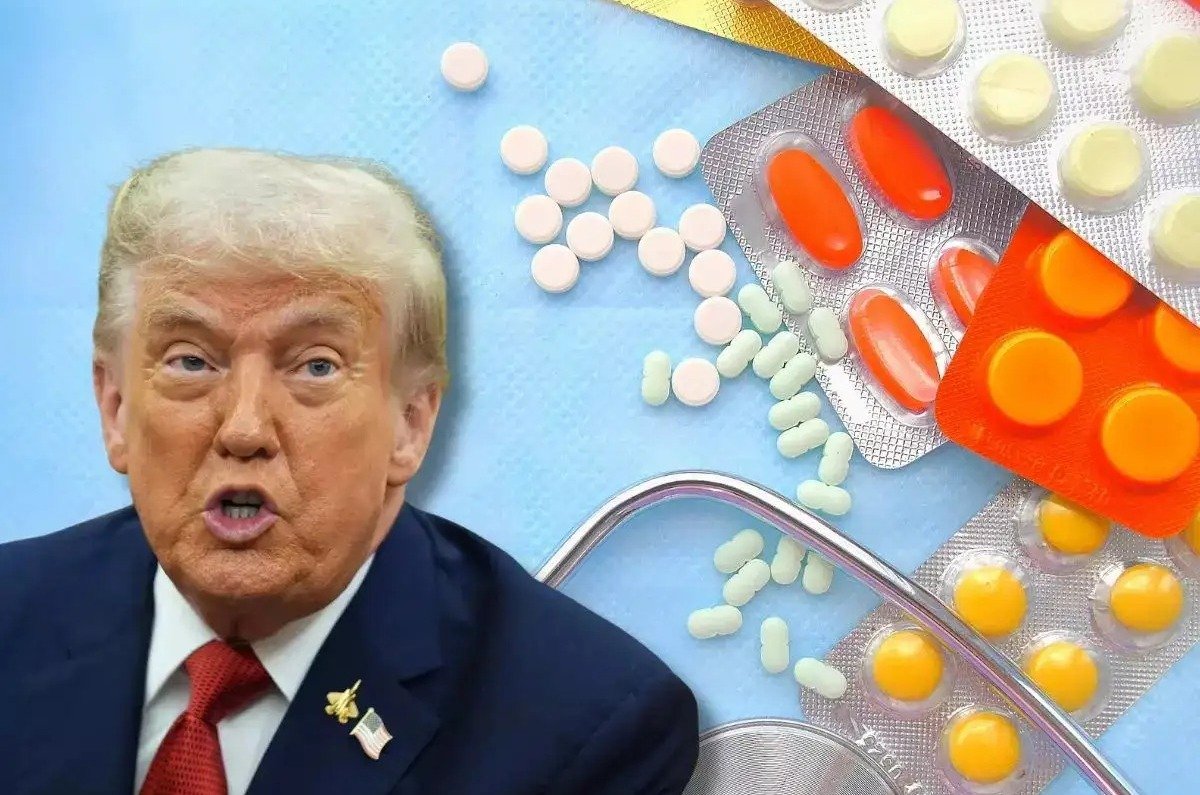Analysts stated that domestic generic makers should expect short-term gains as the US announced its intention to impose 100% tariffs on the pharmaceutical industry starting on October 1. This is because increased prices for branded products can drive demand towards more affordable alternatives. The Secretary General of the Indian Pharmaceutical Alliance (IPA), Sudarshan Jain, stated that the most recent tariff announcement is for “branded or patented drugs and not applicable to generics.” At the moment, generic medications are not subject to US tariffs. A significant percentage of medications for US citizens are supplied by domestic pharmaceutical companies.
According to industry sources, the US healthcare system saved $219 billion in 2022 and $1.3 trillion between 2013 and 2022 thanks to medications made by Indian companies. Given that pharmaceuticals were previously exempt from reciprocal tariffs and Section 232 duties, Manoj Mishra, Partner and Tax Controversy Management Leader at Grant Thornton Bharat, claims that the US decision to impose 100% tariffs on branded and patent-protected medications represents a significant change in trade policy. The consequence is double for Indian pharmaceuticals, which provide the US with generic drugs valued at around $20 billion, or roughly 40% of its total consumption.



